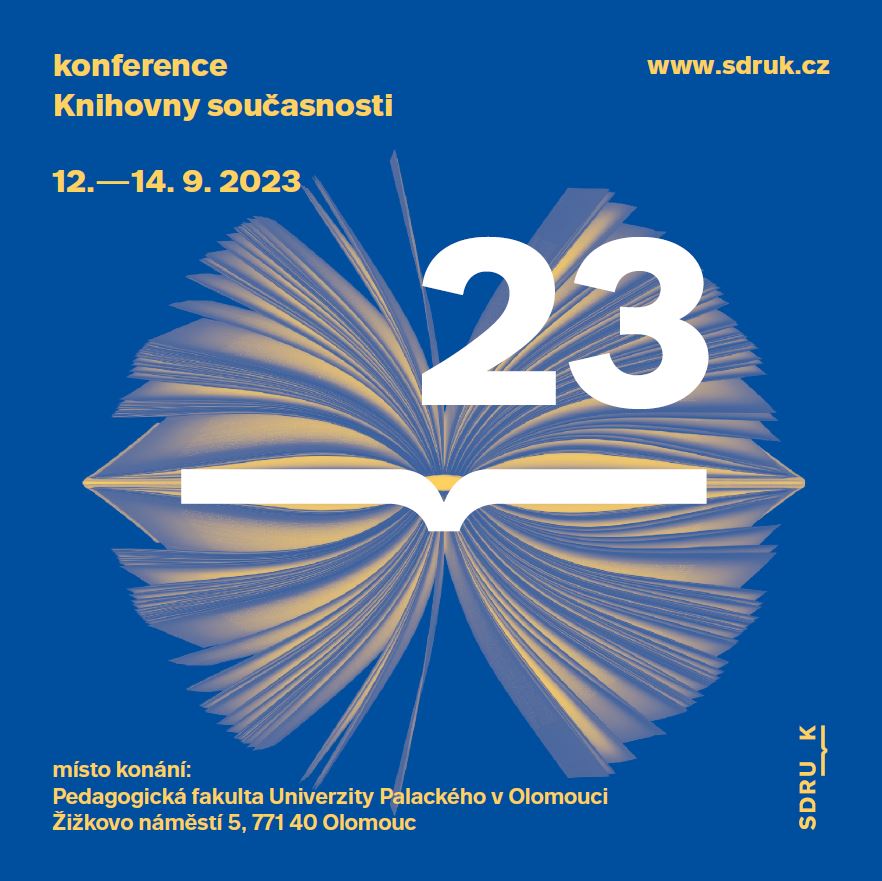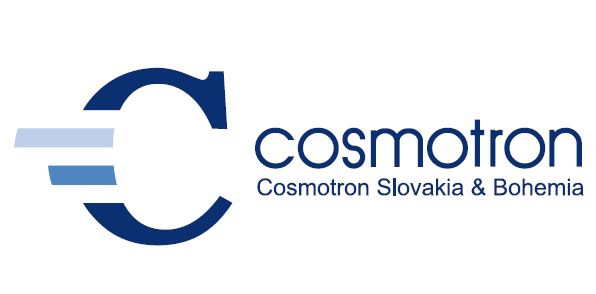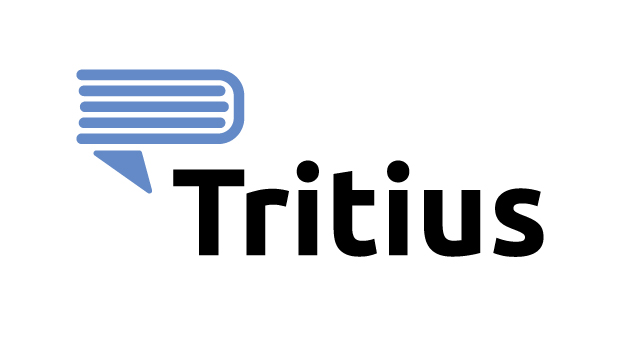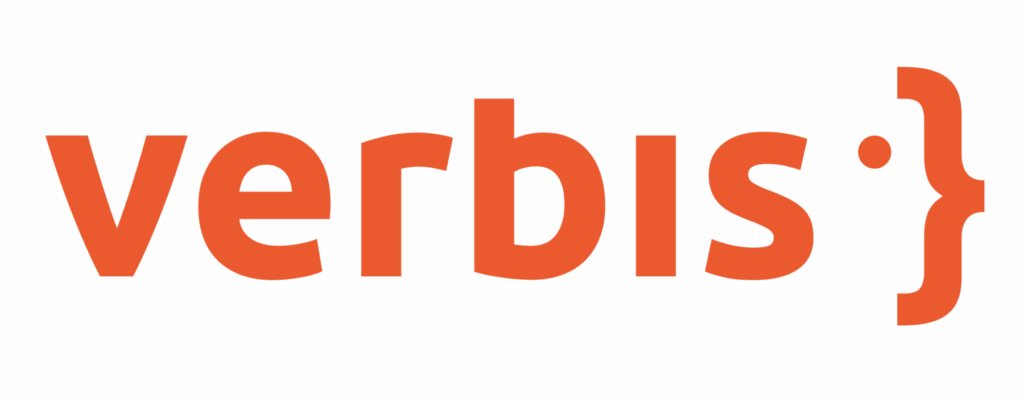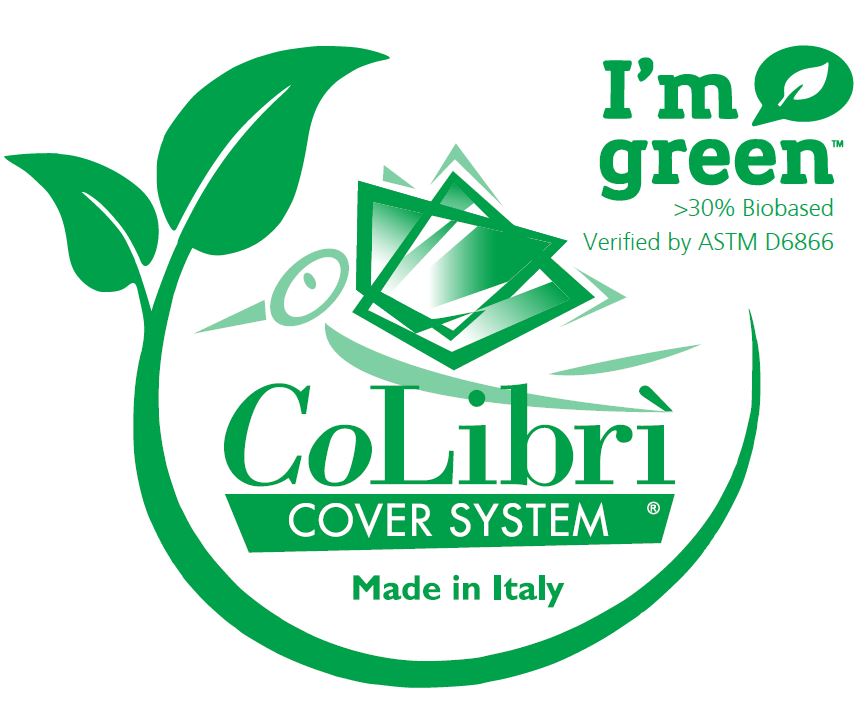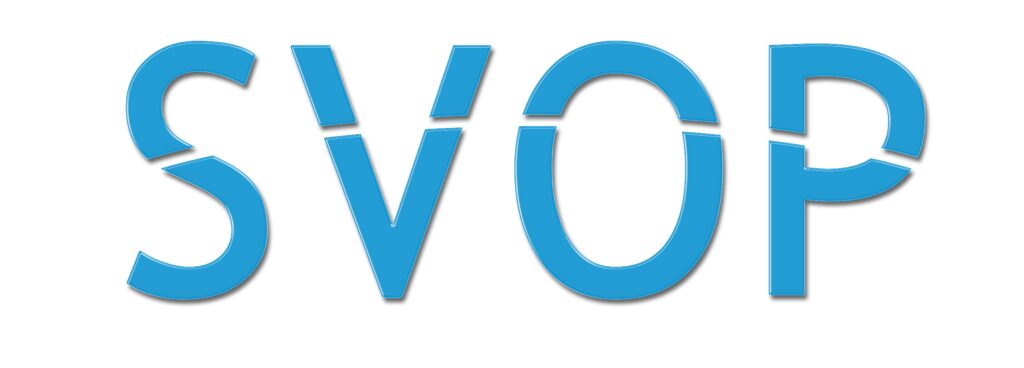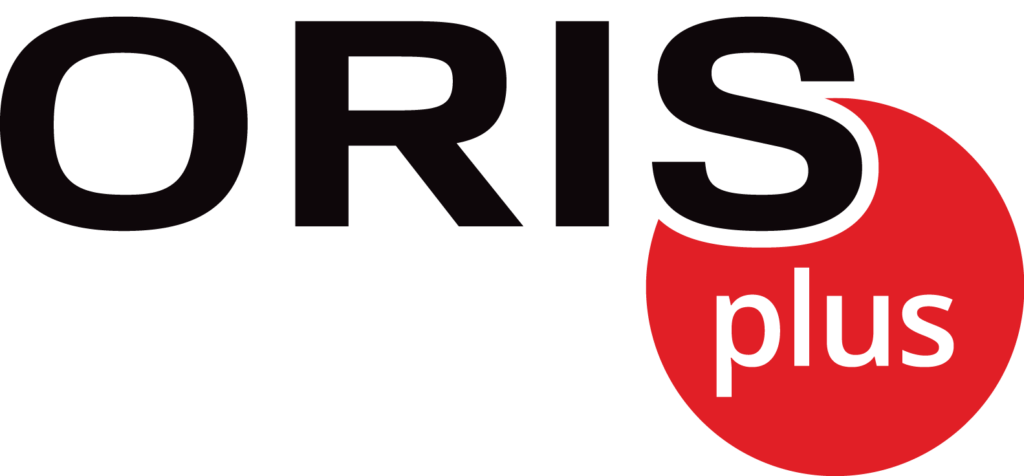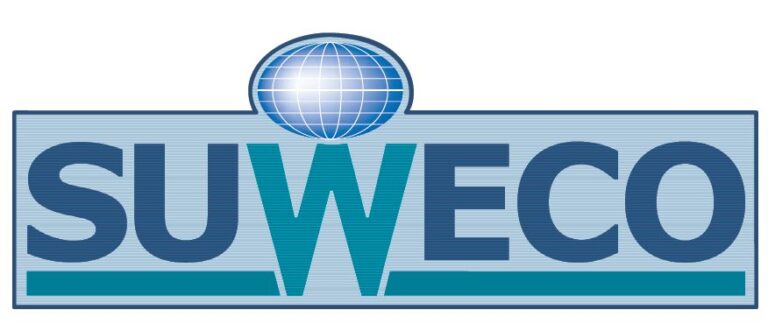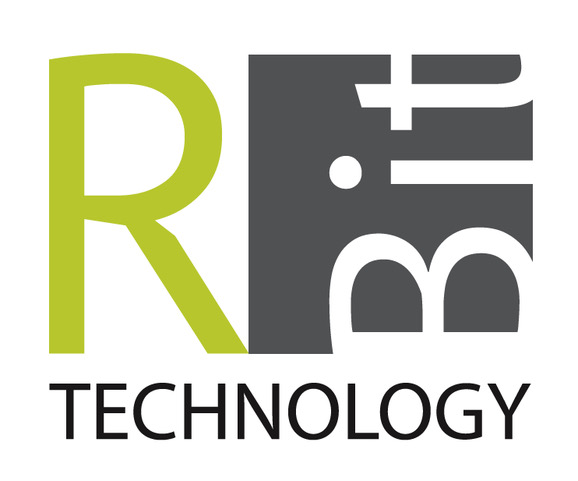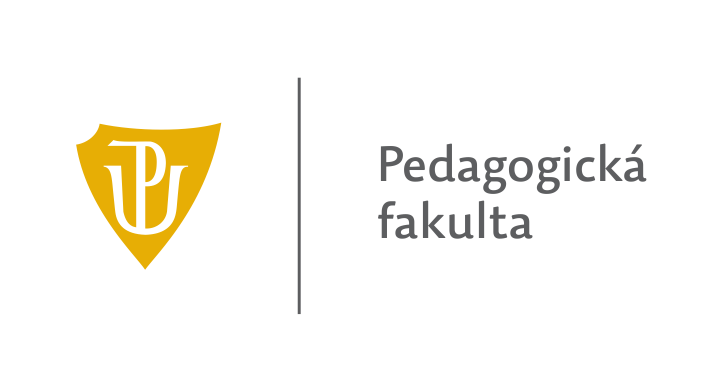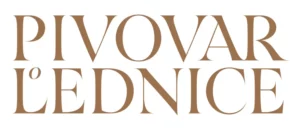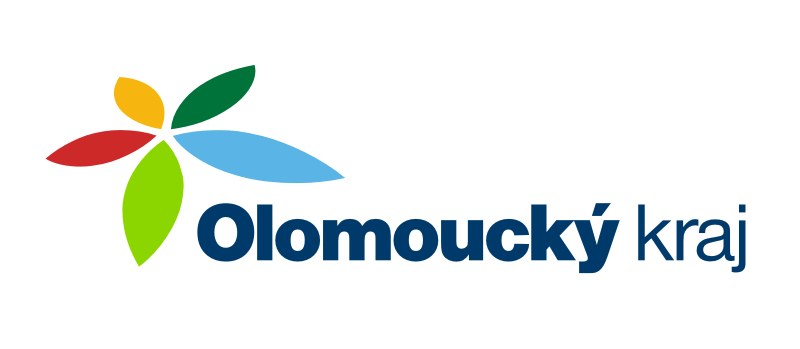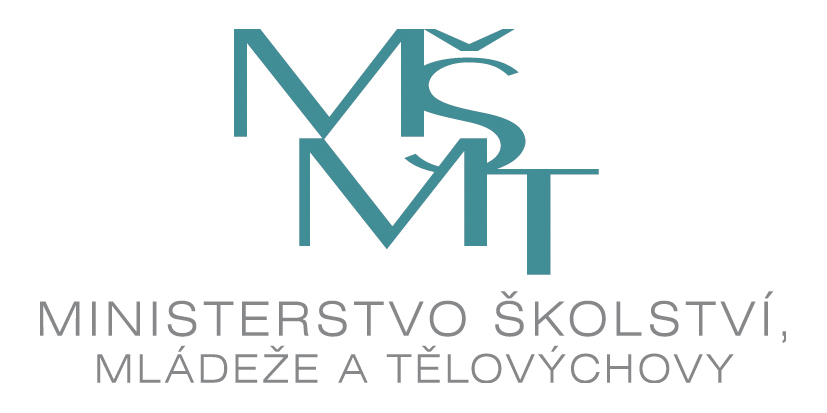The largest library conference in the Czech Republic is here! This year we will open a new decade of this unique event, we are On the threshold of change.
In a time of rapid technological development and digital upheaval that affects the whole society, the library must adapt to new technologies and digital tools, and still provide great and in-demand services to users, respond to changes in the needs of local communities and offer new forms of activities and programs, looking for ways to reach different groups of people, how to bring them to the library.
Another challenge for libraries is to remain relevant and competitive in the digital age, to promote information literacy, readership, an active society and active citizenship. And it is not an easy task. Changes are happening, let’s talk about them.
Palacký Univesity Olomouc, Faculty of Education
Žižkovo náměstí 5, 771 40 Olomouc Czech Republic
12. – 14. 9. 2023
This year we will also have a rich programme of lectures, workshops and discussions to help you expand your knowledge and gain new ideas. Come and get inspired, make new contacts and enjoy this unique conference and its electrifying atmosphere!
Topics
- Young (Czech & English)
- Punk (Czech & English)
- Media & Digital Literacy
- Libraries in the age of technical innovation
- Surveys
- Literature and reading
- The library and its place in society
These topics will be the theme of this year’s programme. It will also include lectures by guests from Germany and Kenya, workshops and other accompanying programmes, including an opening banquet.
Registration fees
| Full price | SDRUK members and students | EUR (conversion from CZK) | |
|---|---|---|---|
| One day registration | |||
| 1. day | 1 350 Kč | 1 230 Kč | 57 € |
| 2. day | 1 640 Kč | 1 490 Kč | 69 € |
| 3. day | 900 Kč | 820 Kč | 38 € |
| Multiday registration | |||
| 1. – 2. day | 2 310 Kč | 2 090 Kč | 97 € |
| 2. – 3. day | 1 930 Kč | 1 750 Kč | 81 € |
| 1. – 3. day | 2 440 Kč | 2 230 Kč | 102 € |
Programme
12. 9. 2023 (1. day | Tuesday)
Aula
| 12:00 | Registration |
| 13:00 – 13:30 | Opening |
|---|---|
| 13:30 – 14:00 | Medals of Z. V. Tobolka |
| 14:00 – 14:30 | Ulrike Krass – German Public Libraries after Pandemic: Trends and Outlook by the example of the Public Library of Freiburg (Germany) |
| 14:30 – 15:00 | Cosmotron – When libraries are no longer just a place to borrow books… (commercial presentation) |
| 15:00 – 15:30 | – break – |
| 15:30 – 16:00 | |
| 16:00 – 16:30 | Angela Wachuka – Meet Book Bunk, the organisation that is restoring Nairobi’s public libraries (Kenya) |
| 16:30 – 17:10 | DIA-log (Digital Information Agency) |
| 17:10 – 17:30 | Presentation of certificates Handicap Friendly |
| od 18:30 | Opening banquet at Faculty of Science, UPOL (Přírodovědecká fakulta UPOL) |
13. 9. 2023 (2. day | Wednesday)
| Malá aula | Sál 1 | Sál 2 | N14 | N15 |
Young [cz/en] 8:30 – 10:00 10:20 – 11:50 | Media & Digital Literacy [cz] 8:50 – 10:20 10:40 – 12:10 | Surveys [cz] 9:10 – 10:40 11:00 – 12:30 | Experiential & hands on section „Come and try“ | Workshops |
|---|---|---|---|---|
| 9:00 – 10:30 Crossborder Cooperation | |||
| 11:00 – 12:30 Book Bunk: The McMillan Memorial Library | |||
Punk [cz/en] 13:20 – 14:50 15:10 – 16:40 | Libraries in the age of technical innovation [cz] 13:40 – 15:10 15:30 – 17:00 | Literature and reading [cz] 14:00 – 15:30 15:50 – 17:20 |
|
|
| 15:00 – 16:30 How AI creates creatively (Eva Kalužáková, Aleš Zubák and Jozef Vaško) [in Slovak] |
14. 9. 2023 (3. day | Thursday)
Aula
| 9:00 – 13:00 | Milestones and pillars: |
|---|---|
| The library and its place in society |
CHANGE OF PROGRAMME RESERVED.
Workshops will be held on Wednesday 13 September, registration is open.
Check out accompanying programme with virtual reality, run and swap.
those sessions are simultaneously interpreted Czech - English
Punk
Simultaneously interpreted Czech/English Libraries are punk. Unconventional services, use of the library; unexpected events and activities - you don't expect that in a library and maybe not everyone likes it, it's just punk. But actually, can libraries be punk? Are we allowed to express ourselves, can we express ourselves?
Young
Simultaneously interpreted Czech/English Young people in libraries - as users, students and staff. We will stop at the issue of student internships and placements (Are they really effective and beneficial? What does such good practice look like to the satisfaction of all parties involved?), intergenerational meeting (How do we (mis)understand each other in libraries? What is it like to be a young manager or director?) and young people as library users (What events do we prepare for them? Are we doing enough?).
these sections are in Czech only
Literature and reading
Books = the daily bread of librarians? Or is it obsolescence?
What does the contemporary Czech literary scene look like, which actors/players dominate it? Who decides which books sell, and what influence do literary prizes have on reading? Paper books, e-books, social media platforms, radio station products, and, on the other hand, the user with limited time, interest, energy and taste. The necessity of reading as a carrier of education and learning, is so? Or is reading and reading a relic, a history that is, will be, and must be replaced by other ways of learning, other ways of perceiving beauty, other ways of relaxing, and other ways of stimulating imagination and creativity? Are the advocates of not reading uneducated and ignorant?
Media and digital literacy
Libraries in the Czech Republic have chosen media education or the promotion of media literacy as their main communication theme for 2023 and 2024. This does not mean that libraries are only now beginning to address these topics. We are building on a long tradition of larger or smaller projects and activities in individual libraries, but what has fundamentally changed in the last few years is the media and information environment in which we all live.
A media-literate person is better able to resist the targeted disinformation campaigns that we are unfortunately witnessing a lot of now, and at the same time understands the transformation that has taken place in the media sphere with the advent of the so-called new media operating exclusively on the Internet (especially social networks). In order to strengthen the cohesion and resilience of Czech society, it is therefore essential that the level of media literacy of the entire population of the Czech Republic gradually increases and approaches the level of the countries of Northern Europe. However, adequate digital skills are a prerequisite for achieving the necessary level of media literacy. This is also why digital education is our second theme.
The section on media and digital education will mainly feature contributions from larger and smaller libraries. Based on their successful activities, lessons, and established collaborations, we will jointly look for ways to further develop media and digital education in libraries in general. The aim of this session will be to name the opportunities that open up for libraries through the grasp of the subject. This time we have prepared several panel discussions where theoretical knowledge will be intertwined with practical experience. Their format will allow us to pause together, remind ourselves why we are actually dealing with these topics, and reflect on the challenges of today - for example, the revision of the RVP in cooperation with schools or the development of digital services of the state (Citizen Portal) for the age group of older adults and seniors.
Libraries in the Age of technical innovation
We've been talking about automation, big data, or robotics for years, but the recent explosion in artificial intelligence suggests with new vigor the impact these trends could have on society. Every technical innovation raises both excitement and concern, expectations and disappointments. How can we tame innovative technologies to make libraries even better and work in them more accessible, more enjoyable, and more creative? And what role do libraries have, can have, or should have in helping professional and lay audiences tame technology? The section on technological innovation cannot, of course, omit a discussion of the potential or impact of artificial intelligence on libraries, but it will also look at specific examples of the use of technology in library practice and to improve services to library users.
Surveys
Introduction and description of the whole research process - how the research is carried out in a particular library, why and for what purpose it is done, what method and tools are used, and with what result in the activities or services of the library.
The library and its place in society
Does the library have a social mission? How should the library work according to the municipalities' ideas? Should the library be proactively involved in civic life? Should the library be a tool for critical thinking? Is the library part of the political life of the community? Do we need the library as a lifelong learning institution? How should libraries be funded? Should libraries increase the proportion of volunteer work in libraries?

